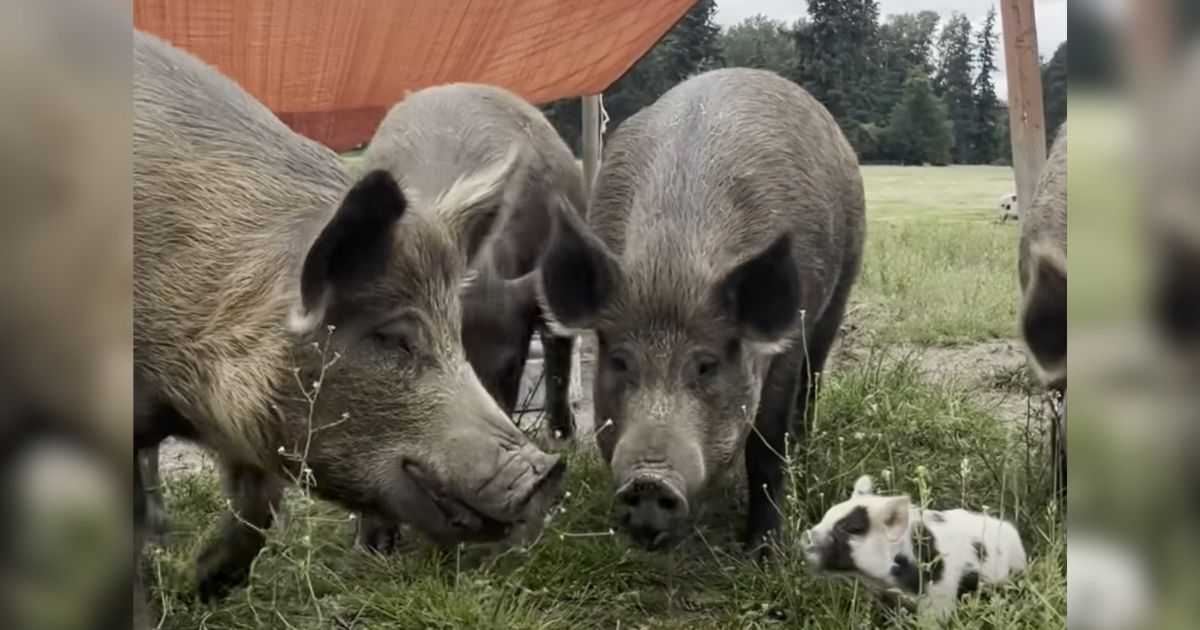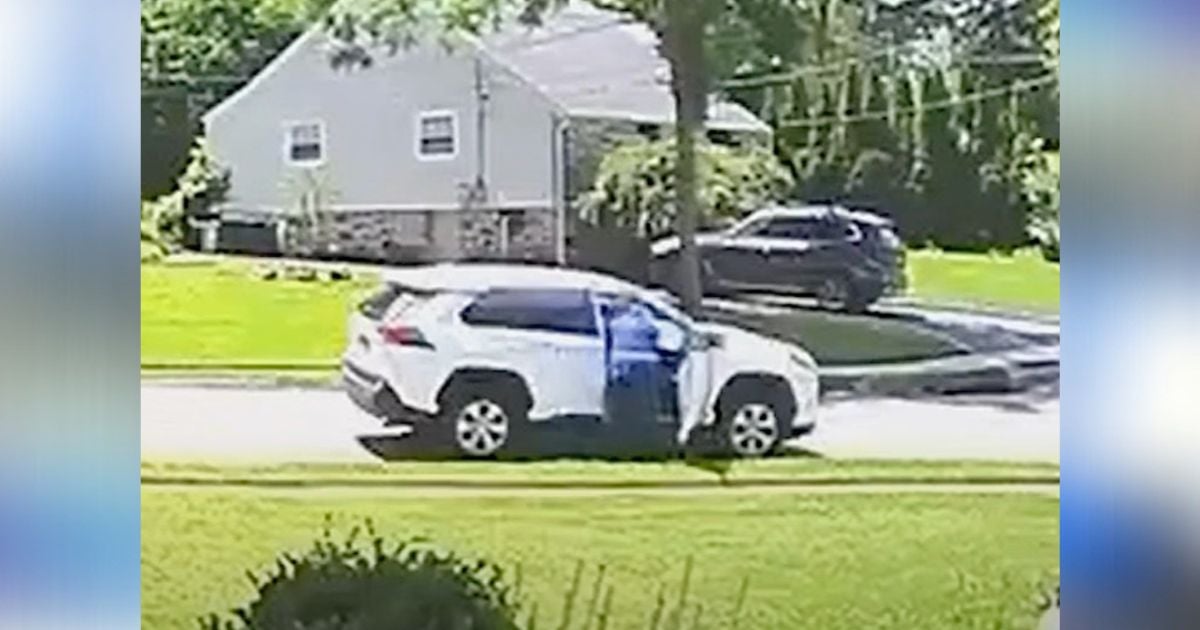A mama sea otter and her baby have been separated!
Where is her baby?
Is her baby still alive?
Is her baby even nearby?
Fortunately, this mama sea otter’s baby was rescued by a government office that protects animals affected by an ecological disaster – the Office of Spill Prevention and Response (OSPR) in Santa Cruz, California.
They tried to reunite the mother with her baby but were unsuccessful at first.

This time, they decided to come closer to the mother’s estimated location.
They took a boat to the location with the baby otter.
They released the pup to the water and the pup cried out for its mother.

It worked!
The mama otter heard the cries of her pup and swam over.
She swam up the surface and enveloped her pup in what looked like a hug to draw the pup closer to her.
The OSPR staff were happy to see the mama and baby otter reunited again.
There’s nothing worse than seeing animal families separated by events that are not their doing.
However, these situations have become a learning experience for the OSPR crew as well.

For example, this particular incident was a good way to show the new staff what to do.
“These types of operations are good in that they improve readiness for assisting sea otters during oil spills,” an OSPR spokesperson told The Dodo.
Unfortunately, oil spills happen more often than they should.

Plus they affect more marine life than should be affected.
These oil spills don’t just affect sea otters but coastal birds, dolphins, and sea lions are affected by this disaster.
Birds can’t fly plus they ingest the oil because they’re trying to remove it with their beaks.
Dolphins and sea lions can die because of the toxic fumes of the oil.

With sea otters, the oil slickens their fur and they lose their insulation.
Because they can’t keep warm, they often die from hypothermia.
OSPR shared a few tips on what to do when they find an animal in trouble because of an oil spill.
“If you see a marine mammal that appears to be struggling, do not pick up the animal. You can help by keeping people and dogs away from the animal and calling The Marine Mammal Center,” OSPR shared on their Facebook page.

The sea otter is already part of the endangered animal list.
In fact, the sea otter is considered a federally-threatened species, especially since there are only about 3,000 sea otters on the California coastline.
It’s a good thing the Office of Spill Prevention and Response is on hand to take care of these animals and more.

The OSPR is always ready to help out these endangered animals whenever they’re in trouble.
With every oil spill incident, they learn more about how to protect the sea otters.

Watch how this mama sea otter and baby otter are finally reunited in the video below.
Please SHARE this with your friends and family.















